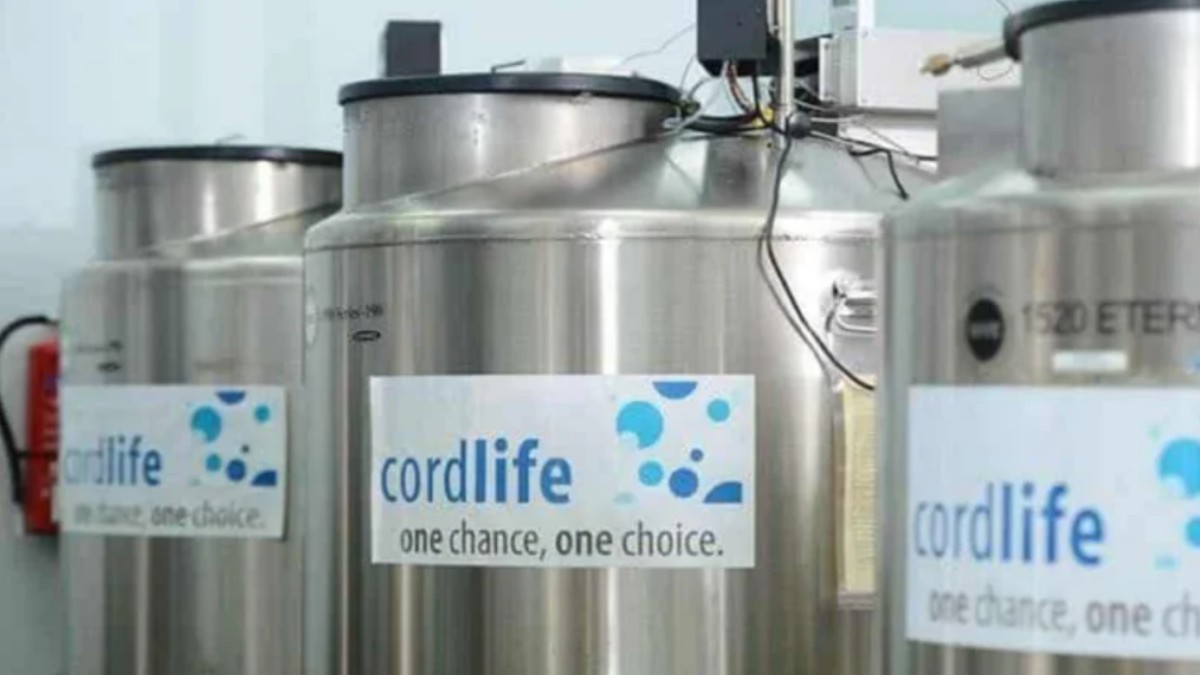Cordlife ordered to halt all new cord blood banking operations following audit lapses
Cordlife has been ordered to cease all new cord blood banking activities from 26 November 2025, following significant regulatory lapses found during a Ministry of Health audit. The firm may only maintain existing units and assist with transfers or disposal on client request.

- Cordlife must stop collecting, testing, and storing new cord blood units from 26 November 2025.
- The Ministry of Health cited persistent safety, governance, and process lapses in a recent audit.
- Existing cord blood units can still be stored, transferred, or disposed of under strict conditions.
Cordlife Group Limited has been ordered to stop collecting, testing, processing, and storing any new cord blood units (CBUs) with effect from 26 November 2025.
The decision by Singapore’s Ministry of Health (MOH) comes in the wake of significant regulatory breaches discovered during a midpoint audit in July 2025.
Cordlife may now only maintain its current stock of stored CBUs and facilitate their transfer to other cord blood banks or disposal, based on client instructions.
The MOH had previously issued a Notice of Intent to suspend Cordlife’s licence on 29 September 2025. This followed earlier findings indicating deficiencies in clinical governance, reporting, and laboratory procedures.
Although Cordlife submitted written representations in response, MOH assessed that the company had failed to adequately address the concerns highlighted in the audit.
In a press statement on 26 November 2025, MOH clarified that the company's failure to ensure safe, clinically sound, and ethical practices warranted immediate regulatory action.
This suspension will remain in place regardless of whether Cordlife’s licence is renewed in January 2026. The restrictions will only be lifted once the company can prove consistent compliance with regulatory standards.
Cordlife had previously received a six-month suspension in November 2023 after serious storage lapses were found. It was allowed to partially resume operations from 15 September 2024, after MOH was satisfied with interim improvements.
Its licence was subsequently renewed for one year from 14 January 2025, subject to a planned audit mid-term. Most licences in this field are typically renewed for two years.
However, the July 2025 audit revealed that Cordlife had again fallen short in maintaining proper operational standards. These included non-compliance in governance, incident handling, and the procedures surrounding the collection and processing of CBUs.
According to MOH, although standard operating procedures (SOPs) were technically in place, a high turnover of staff meant new employees lacked sufficient knowledge and understanding to carry them out effectively.
Further concern was raised about the conduct of one of Cordlife’s key personnel – its Clinical Governance Officer (CGO). MOH found that the CGO had failed to provide adequate oversight and issued inappropriate guidance, contributing to several critical process failures.
One of the most serious outcomes of these lapses was the improper handling of approximately 160 CBUs collected between January and mid-2025.
In some cases, CBUs were not frozen correctly and failed to reach optimal temperatures, yet were stored anyway.
Investigations into whether these deviations affected the viability of the stem cells were either inadequate or not conducted at all.
Additionally, cord blood collection bags exposed to inappropriate storage conditions were used without validating their impact on quality, potentially compromising future therapeutic use.
The CGO also reportedly advised that these issues were not cause for concern. As a result, several incidents were neither reported nor investigated as required under the Healthcare Services Act.
MOH has now directed Cordlife to replace its current CGO and conduct a thorough review of all laboratory records for the 160 CBUs involved.
A ministry spokesperson emphasised that MOH will maintain strict oversight of Cordlife's corrective measures and will not hesitate to impose further sanctions if compliance issues persist.
Cord blood is a critical source of stem cells used in the treatment of various blood-related conditions and cancers, including leukaemia and lymphoma. As such, safe handling and proper preservation are essential to safeguard future therapeutic outcomes.










